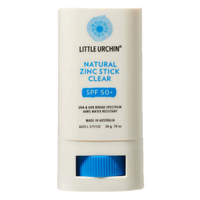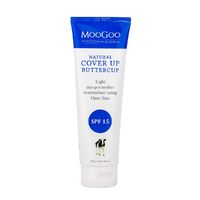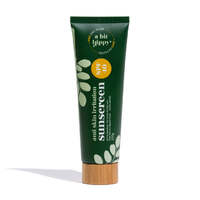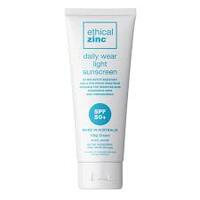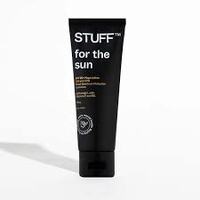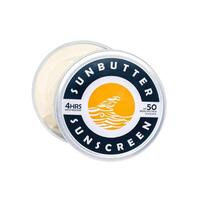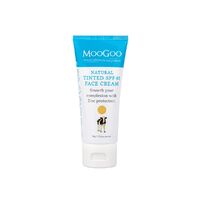Natural Sunscreen Protection
Date Posted:8 January 2024
.png)
Sun Protection the Natural Way: A Guide to Natural Sunscreens
As the sun's rays grow stronger with the arrival of summer, protecting your skin from harmful UV radiation becomes more important than ever. While sunscreen is a crucial part of your skincare routine, you might be concerned about the chemicals found in many conventional sunscreens. Fortunately, there's a natural alternative – natural sunscreens. In this guide, we'll explore the benefits of natural sunscreens, how they work, and some of the top options to keep your skin safe and healthy.
What Are Natural Sunscreens?
Natural sunscreens, often referred to as mineral sunscreens or physical sunscreens, rely on natural ingredients to provide sun protection. They contain minerals like zinc oxide or titanium dioxide, which sit on the skin's surface and act as a physical barrier to block or reflect the sun's UV rays. Unlike chemical sunscreens, natural sunscreens don't penetrate the skin, making them a safer choice for those with sensitive skin or concerns about chemical exposure.
Benefits of Natural Sunscreens
Broad-Spectrum Protection: Natural sunscreens offer broad-spectrum protection, shielding your skin from both UVA and UVB rays.
Gentle on Sensitive Skin: Natural ingredients make these sunscreens suitable for those with sensitive or allergy-prone skin, as they are less likely to cause irritation.
Environmentally Friendly: Mineral sunscreens are eco-friendly and do not harm marine life or coral reefs, making them a responsible choice for beachgoers.
Stable in Sunlight: Unlike some chemical filters that degrade when exposed to sunlight, mineral ingredients remain effective for longer periods.
How to Choose the Right Natural Sunscreen
When shopping for natural sunscreens, consider the following factors:
SPF Rating: Choose a sunscreen with a sufficient SPF rating for your needs. SPF 30 is a good baseline, but you may opt for higher protection for extended outdoor activities.
Broad-Spectrum: Ensure that the sunscreen provides broad-spectrum protection to guard against both UVA and UVB rays.
Water Resistance: If you plan to swim or sweat, select a water-resistant formula to maintain protection.
Ingredients: Check the ingredient list for zinc oxide or titanium dioxide as the active ingredients. Avoid products that contain synthetic fragrances, parabens, or oxybenzone.
Skin Type: Consider your skin type and any specific skin concerns when choosing a sunscreen. Some natural sunscreens are formulated for oily, dry, or sensitive skin.
Top Natural Sunscreens to Consider
Sunbutter sunscreen is made with certified sustainable ingredients and broad spectrum UVA and UVB.
A Bit Hippy Anti Skin Irritation Sunscreen SBF40 120g
Little Urchin Natural Zinc Stick Clear Sunscreen SBF50+ 20g
Application Tips
To maximize the effectiveness of your natural sunscreen:
Apply sunscreen generously to all exposed skin, even on cloudy days.
Reapply every two hours or more frequently if swimming or sweating.
Don't forget commonly overlooked areas like ears, the back of your neck, and the tops of your feet.
Natural sunscreens offer a safe and effective way to protect your skin from the sun's harmful UV rays while avoiding potentially harmful chemicals. By choosing a natural sunscreen that suits your skin type and needs, you can enjoy the outdoors with confidence, knowing you're taking a step towards both skin health and environmental responsibility.
Remember, sun protection is a year-round commitment, so make it a part of your daily skincare routine to keep your skin looking and feeling its best.
Stay sun-safe!


























